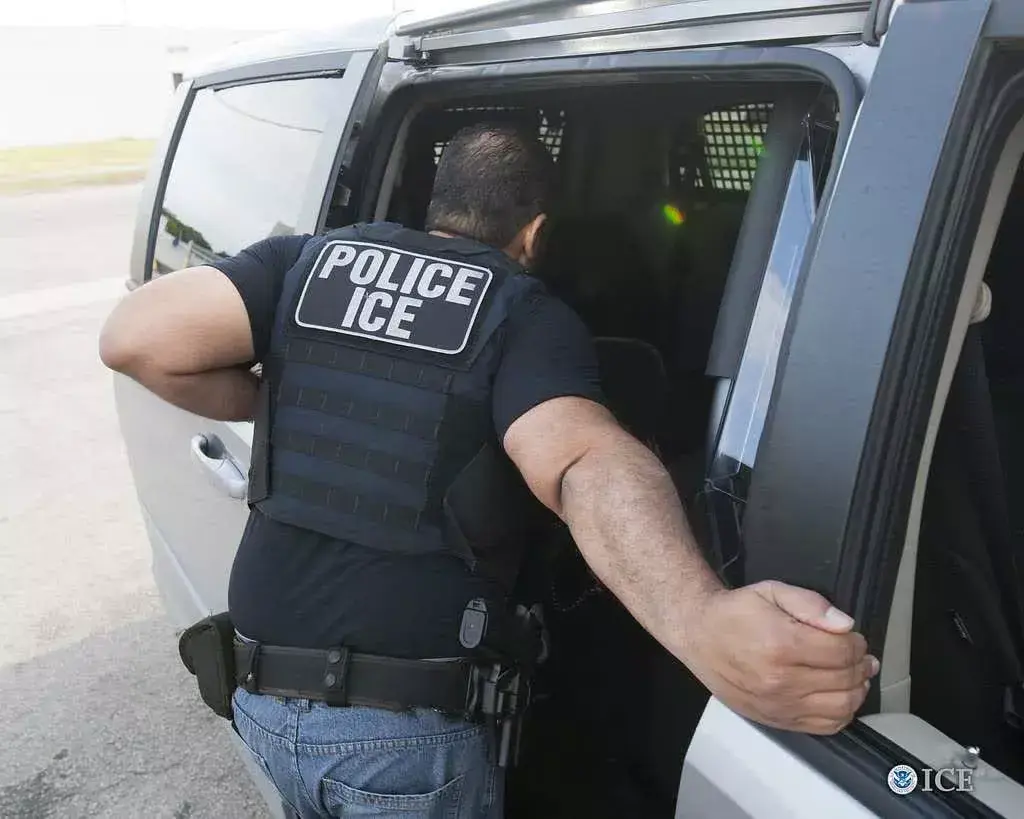The problem is false positive and negative rates.
We're on track for some 600-700 mass shooters this year.
The US has 300 million social media users.
So in a given year, 0.00023% of social media users will turn out to be mass shooters.
So even if we had an algorithm that was 99.99% accurate at identifying a potential mass shooter from social media, we'd still have a less than 1% chance of correctly identifying a mass shooter from social media posts.
So what's the cost of false positives? Do people flagged by such a system get harassed by law enforcement? If they are sovereign citizen type gun nuts or paranoid schizophrenics, does the additional law enforcement attention potentially instigate shootings or standoffs that wouldn't have otherwise occurred at a higher rate than the successful prevention of mass shootings?
And what's the false negative rate? Because if only a small number of mass shooters are correctly identified by such an algorithm at a high rate of false positives but a majority of shooters actually slip through the cracks as false negatives, there too is the potential for overreliance on an algorithm to harm progress towards alternative solutions (such as advancing legislation banning firearm possession for people with mental health issues).
AI analysis of social media combined with other data sources becomes a more appropriate tool in a situation like "we have three suspects based on multiple other factors for who is an active shooter - did any of the three have a recent stressor in their life such as a job loss?" In that case an 80% correct model could be quite helpful.

